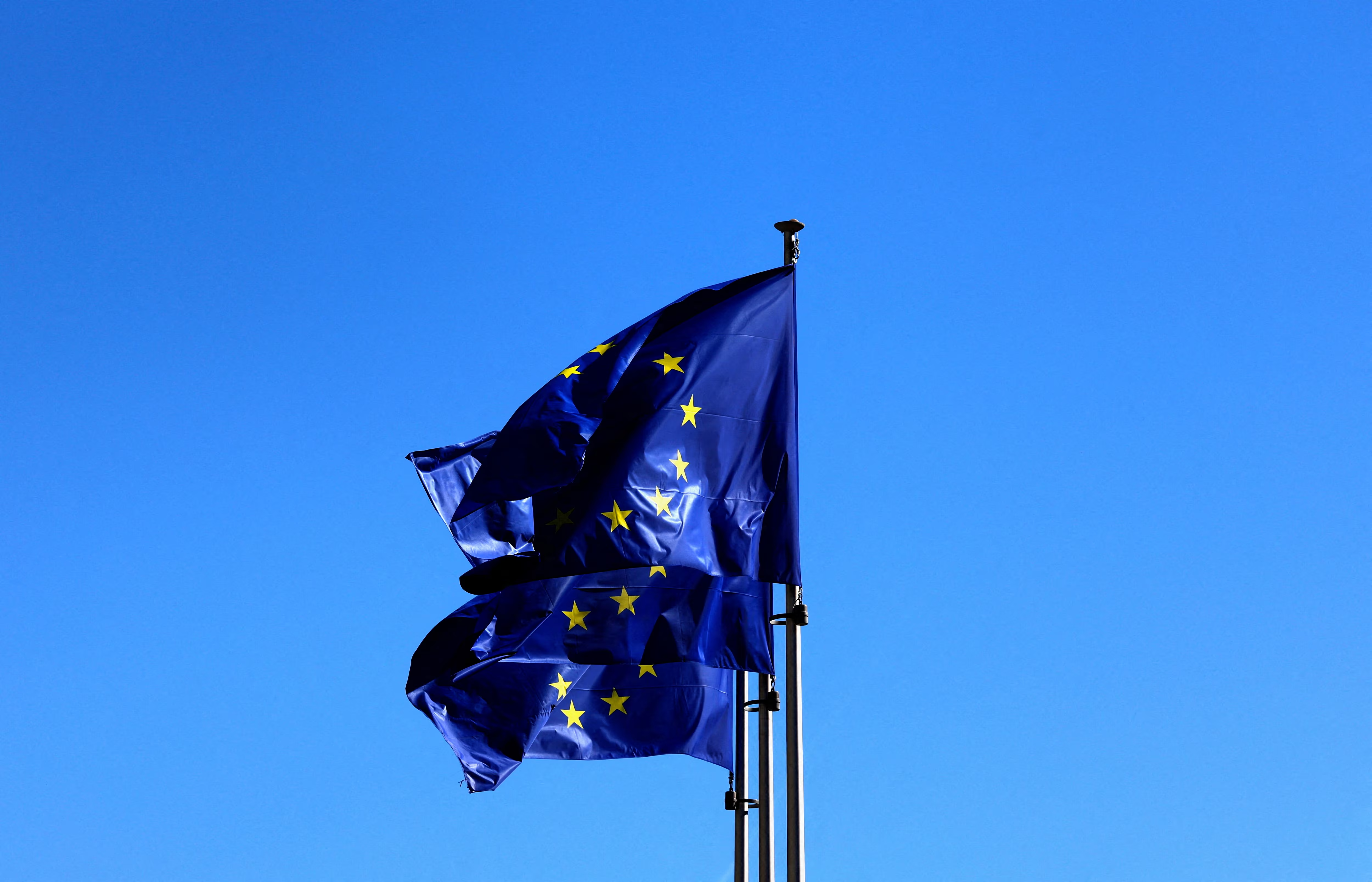
France Allocates €400 Million to Boost Public Sector AI, Eyes Sovereign Innovation and Ethical Leadership
In a bold move to solidify its role as a leader in ethical artificial intelligence, France has announced a €400 million investment dedicated to accelerating the development and deployment of AI solutions across the public sector. The initiative, unveiled by Minister for Digital Transition Jean Noël Barrot, marks one of the largest targeted allocations for government use AI in Europe and aims to reinforce national sovereignty, digital innovation, and responsible deployment of artificial intelligence in citizen services.
The funding, to be rolled out over the next three years, is part of France’s larger National Strategy for AI 2.0, which aligns with EU digital objectives and growing concerns over the dominance of non European tech platforms in critical infrastructure and data governance.
Key Focus AI for Citizen Services, Not Surveillance
Unlike some global initiatives that heavily emphasize military or surveillance applications, France’s program is deliberately centered on “AI for the common good” tools designed to enhance efficiency, transparency, and access in areas such as healthcare, education, transportation, and environmental monitoring.
The government plans to
Develop AI driven tools to reduce administrative backlogs in social services
Enhance early diagnosis systems in public hospitals using medical imaging and language models
Optimize traffic and urban planning with predictive analytics
Strengthen public finance fraud detection systems
Support multilingual natural language platforms to better serve citizens in overseas and rural regions
Minister Barrot emphasized “We want AI that is trustworthy, sovereign, and built on European values. Our focus is not just innovation, but purpose driven deployment that benefits every citizen, regardless of geography or status.”
Investment Channels and Partners
The €400 million budget will be disbursed via several channels
Public R&D funding through national research agencies like INRIA and CNRS
Grants to French AI startups and public private consortia
Modernization of government IT systems to enable secure AI integration
Talent development in the form of fellowships, AI curriculum upgrades in universities, and digital reskilling for civil servants
The French state has also committed to open source principles wherever possible, and is partnering with ethical AI labs to ensure transparency, bias audits, and explainability of deployed systems.
The Agence de la transformation de l’État (ATE) will coordinate implementation, in partnership with France’s new AI Ethics Observatory, created last year to guide regulatory alignment with the EU AI Act.
Strategic Autonomy in the Age of Generative AI
Officials stress that the initiative is about more than efficiency it’s about autonomy. The COVID 19 pandemic and recent tensions over foreign tech dependencies have underscored the risks of outsourcing critical digital infrastructure. France, already a vocal proponent of European technological sovereignty, views AI as a strategic frontier.
With global AI leadership currently dominated by U.S. and Chinese firms, the French government wants to ensure that domestic data and services are not reliant on opaque algorithms controlled abroad. The initiative encourages alternatives to large foreign models by funding “petit modèles souverains” smaller, domain specific language models developed and trained in France.
Challenges and Guardrails
While the investment has drawn praise from researchers and digital rights groups, some warn of bureaucratic bottlenecks and mission drift. “It’s a great commitment, but it must not turn into digital red tape,” said Camille Leclerc, an AI policy expert at Sciences Po. “Execution will depend on coordination across ministries and real buy in from public sector leaders.”
To prevent misuse, the program mandates ethics by design frameworks, requiring all AI systems to undergo
Bias testing across gender, ethnicity, and language
Impact assessments on privacy and civil liberties
Transparent auditing mechanisms involving independent reviewers
These requirements will be backed by new legislative instruments, ensuring AI use in the public sector is held to the highest standards of accountability.
Europe Wide Implications
France’s move may have a ripple effect across Europe. As the EU AI Act nears implementation, France is positioning itself not just as a rule follower but a standard setter. Already, discussions are underway with Germany and the Netherlands about cross border collaboration on public AI platforms, data sharing protocols, and multilingual AI development.
“France wants to be the laboratory for what public sector AI can look like when done ethically and at scale,” said Barrot. “This isn’t about replacing humans it’s about empowering public servants and citizens with better tools.”
The Road Ahead
The first round of funding proposals is expected to be launched by Q4 2025, with initial AI tools deployed by mid 2026 in pilot departments. A national dashboard will publicly track outcomes, usage, and any incidents, making France one of the first countries to offer real time accountability metrics for AI in governance.
As the global race for AI dominance continues, France is charting a distinct path one rooted in ethics, equity, and European autonomy. If successful, its €400 million gamble could redefine how technology serves democracy in the 21st century.
Related Post
Popular News
Subscribe To Our Newsletter
No spam, notifications only about new products, updates.
















